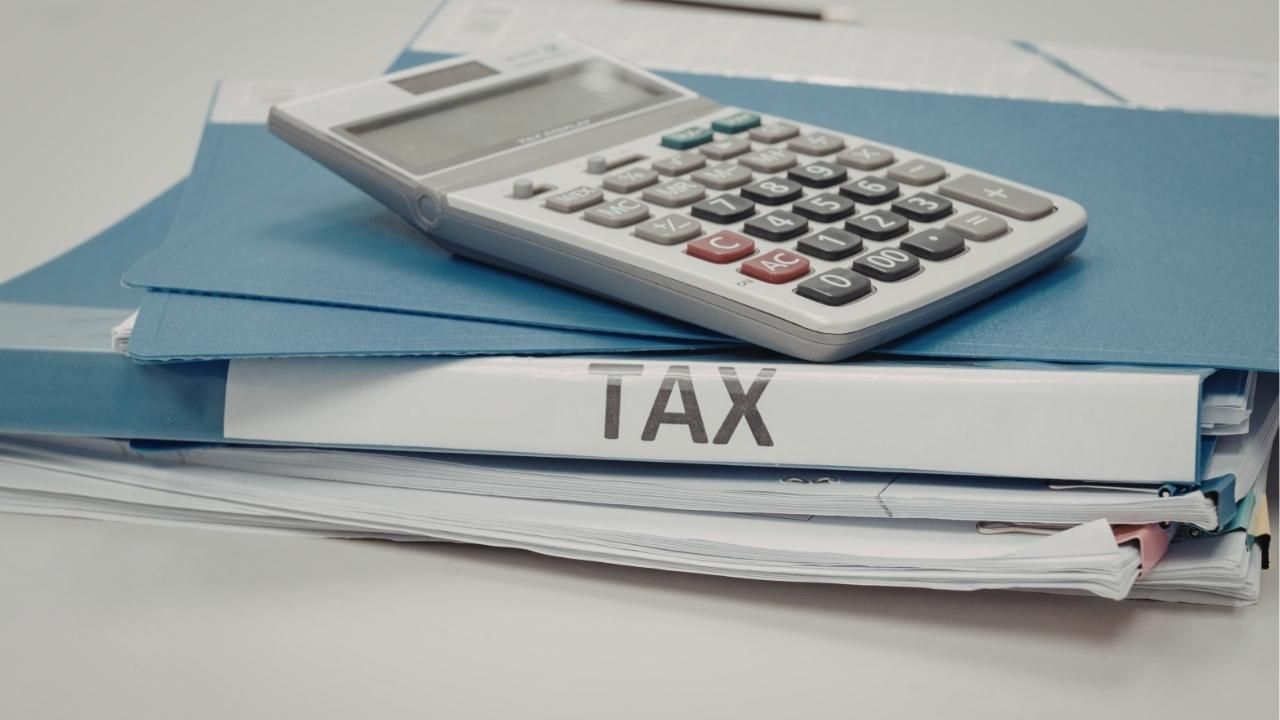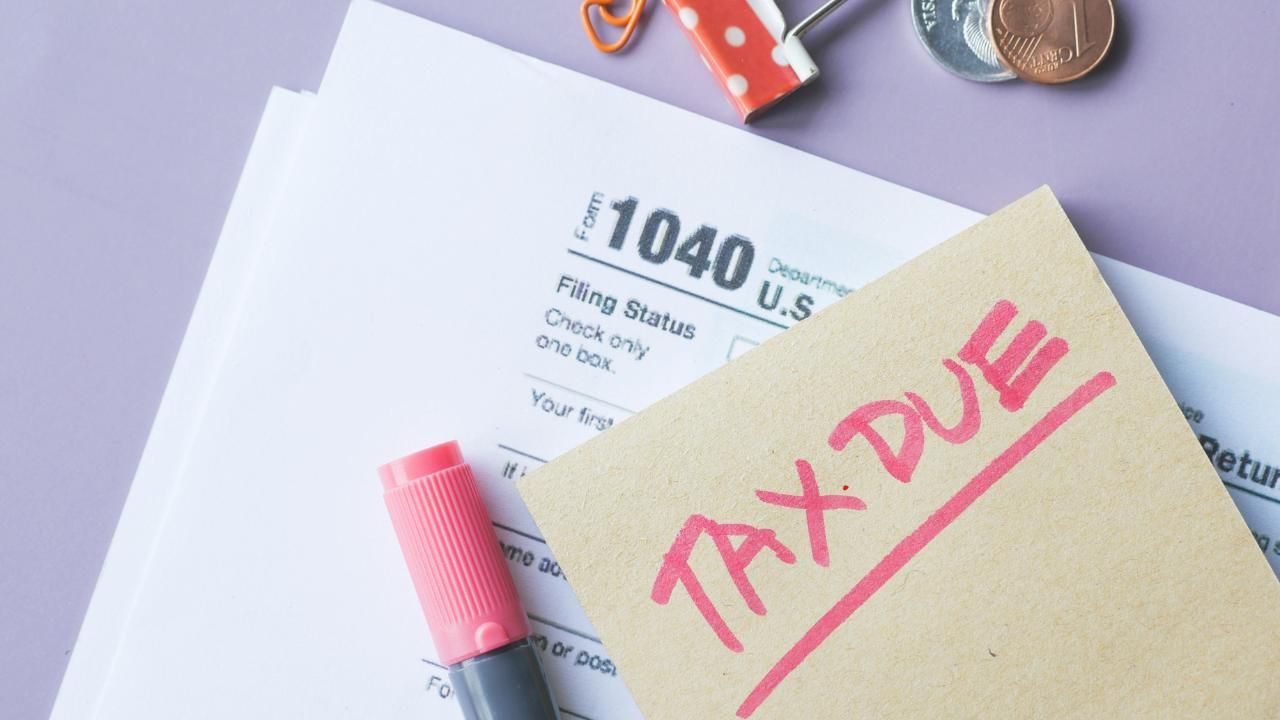Student Loan Forgiveness: How It Could Impact Your Taxes

If you’re in Fort Mill, SC, and recently had some or all of your student loans forgiven, you might be celebrating—but there’s another side to the story. Student loan forgiveness can affect your taxes, and the last thing you want is an unexpected bill from the IRS. Understanding how this works can help you plan ahead and avoid surprises.
In this article, we’ll break down what student loan forgiveness means for your tax situation, when you might owe taxes on forgiven debt, and what you can do to prepare.
The Basics of Student Loan Forgiveness
Student loan forgiveness is when your lender or the government cancels part or all of your student debt. This can happen through federal programs like Public Service Loan Forgiveness (PSLF), Teacher Loan Forgiveness, or income-driven repayment plan forgiveness.
While having debt wiped away feels like a win, the IRS often sees forgiven debt as taxable income. That means the amount forgiven could be added to your total earnings for the year, potentially pushing you into a higher tax bracket.
However, there are exceptions—some federal forgiveness programs have special rules that exclude the forgiven amount from taxable income. This is especially true under recent federal relief measures, which temporarily make most student loan forgiveness tax-free through 2025.
When Student Loan Forgiveness Is Taxable
In some cases, especially with private loans or certain state-level programs, forgiven amounts may still be subject to federal or state income tax.
Here are a few scenarios where taxes might apply:
- Private student loan settlements – If you negotiate with a private lender to pay less than the full balance, the forgiven amount could be taxable.
- Employer loan repayment benefits – While some employer-paid student loan contributions are tax-free, others might not be.
- State tax rules – Even if the federal government doesn’t tax your forgiven debt, your state might.
Fort Mill residents should pay close attention to South Carolina’s tax laws to see whether they align with federal rules or have their own approach.
How Taxes Could Affect Your Refund or Balance Due
If your forgiven amount is considered taxable, your lender will likely send you a Form 1099-C showing the canceled debt. You’ll need to report this on your tax return.
Here’s where it can impact you:
- Lower refund – If the forgiven debt increases your taxable income, your refund could shrink.
- Higher tax bill – In some cases, you might owe more than expected, especially if you haven’t had extra withholding during the year.
- Possible penalties – Not reporting forgiven debt could trigger IRS penalties or audits.
A Fort Mill resident who had $20,000 forgiven might find their taxable income rising significantly, changing their tax bracket and the amount they owe.
Case Study: Planning Ahead Saves Stress
Jennifer, a Fort Mill teacher, had $17,500 forgiven through Teacher Loan Forgiveness. While her federal forgiveness was tax-free, she learned that South Carolina still treated it as taxable income. By meeting with Carolina Tax Consulting early, she adjusted her withholding to cover the extra amount. When tax season came, she avoided a surprise bill—and even got a small refund. This is where working with a tax consultant company that offers professional tax preparation services can make a big difference.
Preparing for Tax Season After Loan Forgiveness
If you’ve had student loans forgiven—or think you will soon—here are a few steps to prepare:
- Confirm the taxability of your forgiven debt under both federal and South Carolina law.
- Set aside funds if you expect to owe additional taxes.
- Adjust your withholding to spread out any tax impact.
- Keep documentation of your forgiveness approval and any tax forms you receive.
- Work with a professional who understands both federal and state rules.
Final Thoughts
Student loan forgiveness can be a huge relief, but it’s important to understand the tax implications before you spend that extra money in your budget. By staying informed, keeping good records, and planning ahead, Fort Mill residents can make the most of their forgiveness without being caught off guard at tax time.
If you’ve had loans forgiven and want to be sure your taxes are handled correctly, reach out to a local tax expert who can guide you every step of the way.
Ready to work with Carolina Tax Consulting, LLC?
Let's connect! We’re here to help.
Send us a message and we’ll be in touch.
Or give us a call today at 803-410-5885











